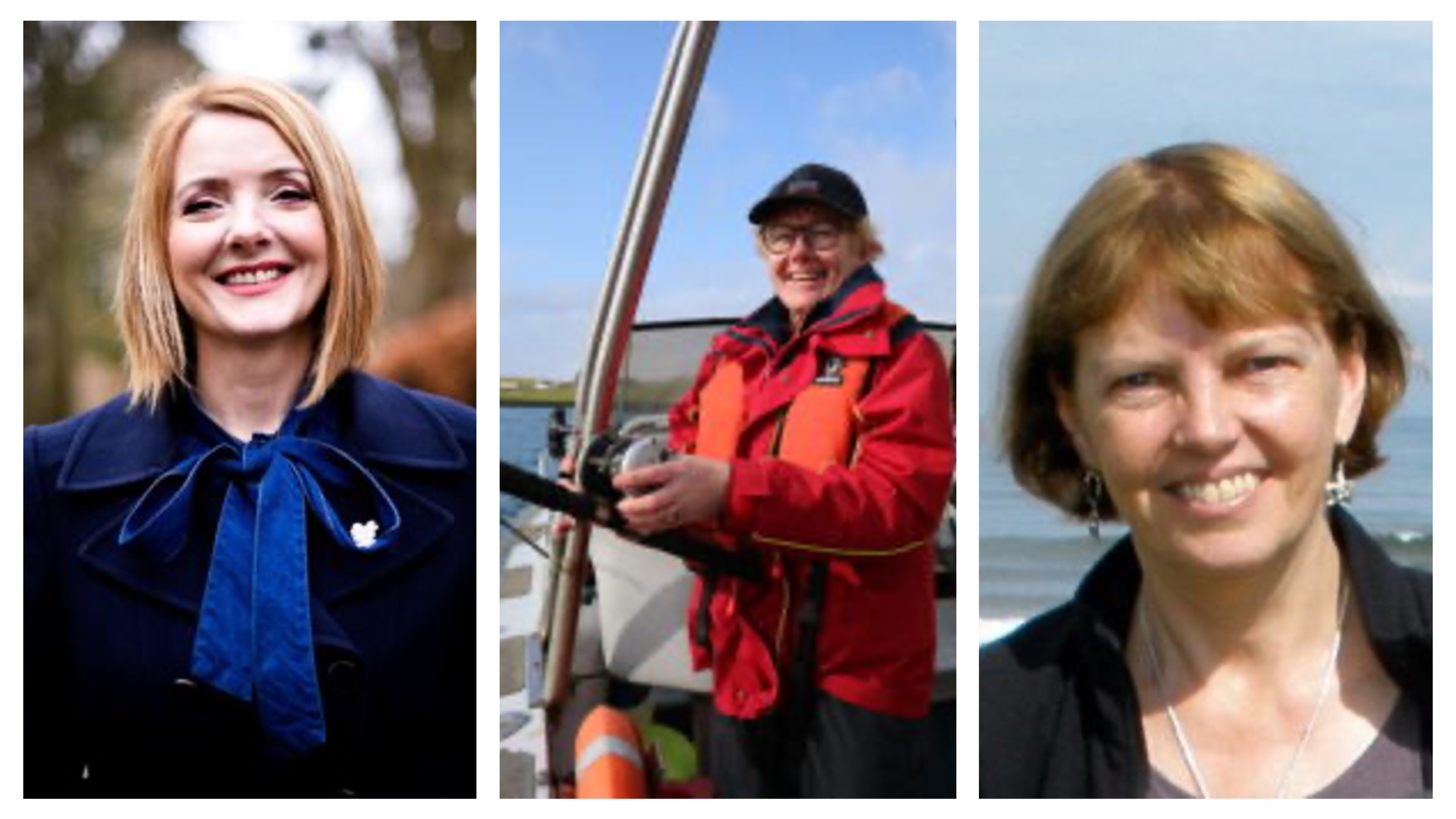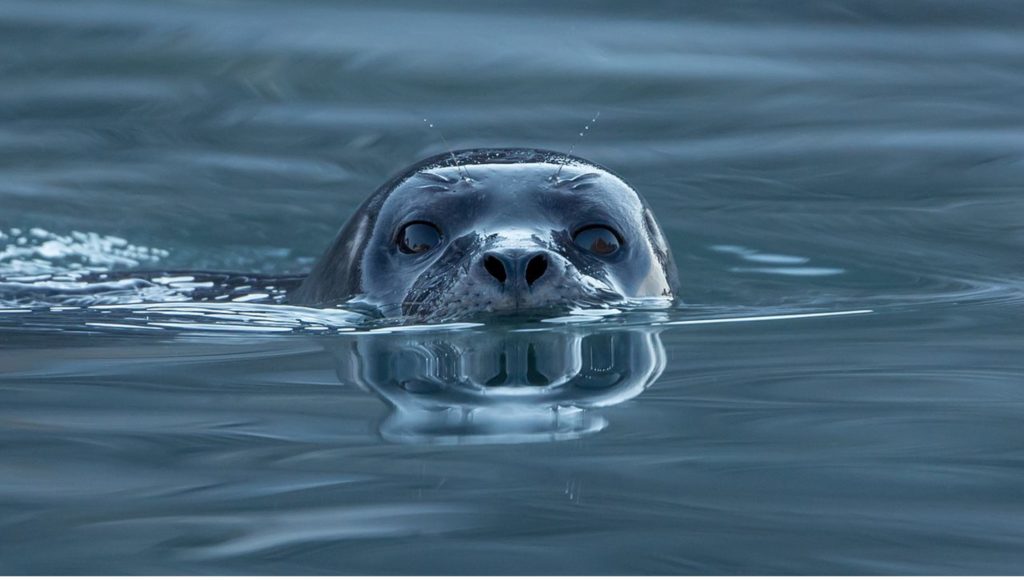The achievements of three researchers at the University have been recognised in the 2022 New Years Honours list. Dr Maggie Ellis, Professor Ailsa Hall, and Professor Anne Magurran have all received honours for their outstanding and diverse contributions to academia, and to the wider world.
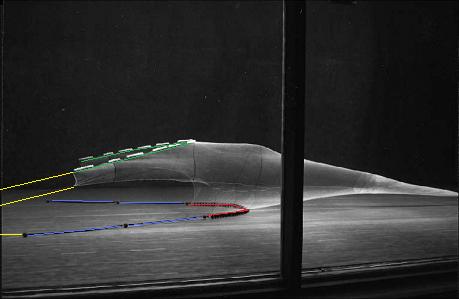
Professor Anne Magurran has received a CBE for services to biodiversity. The award recognises the importance of research in this area, including ongoing work within the School of Biology, particularly in the Centre for Biological Diversity, and Scottish Oceans Institute. As Professor of Ecology and Evolution Magurran states that her goal is ‘to quantify the patterns, and understand the processes, linked to change in ecological communities over space and time, and to use this research to protect and manage natural capital.’ Her place on the honours list celebrates the strides she has made in addressing these objectives, with her research being amongst the most cited from across the University as a whole.
Magurran’s research has examined biodiversity in terrestrial, freshwater and marine ecosystems around the world. An example of her work on marine life is her most recently published article, which explores biodiversity change in fish occurring in temperate latitudes. Using the BioTIME database, Magurran, together with researchers in St Andrews, and from the US and Europe, found that widespread changes in species composition were largely driven by less than a tenth of the species present. This finding was derived from a new method of classifying the organisation of biological communities, in which the species responsible for compositional change in ecosystems can be identified. This knowledge is vital for monitoring and protecting biodiversity. The work also underlines the importance, in this field, of collaborations with colleagues within the University, and more widely.
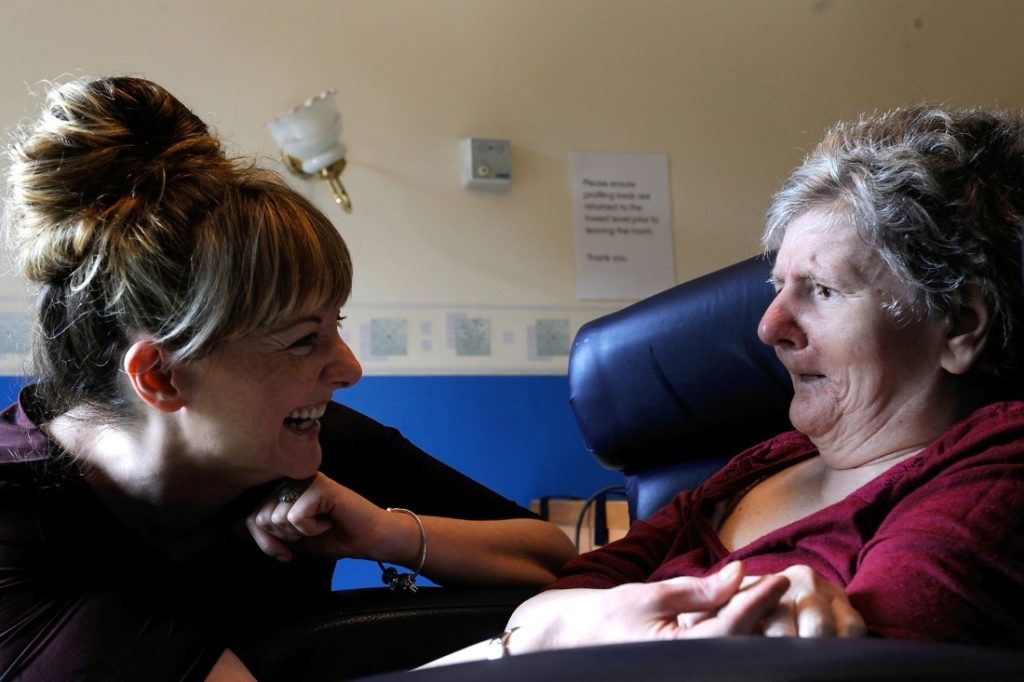
Dr Maggie Ellis was awarded an MBE for services to Dementia Care and to the community in St. Andrews, a reference to her pioneering work with Adaptive Interaction. Developed with Professor Arlene Astell from the University of Reading, Adaptive Interaction utilises imitation of nonverbal communicative action to connect on a deeper level with individuals who have advanced dementia. Scottish Care estimates that up to 15,000 people with advanced dementia are currently living in Scottish care homes, which means that the potential impact of Ellis and Astell’s development is enormous. Adaptive Interaction has been shown to result in a greater amount of smiling and imitation from those with dementia, giving families and loved ones a new way to engage meaningfully.
The practice has been widely adopted in the relatively short time since its development, and is supported by Alzheimer Scotland, Alzheimer’s Society and Care Scotland. Adaptive interaction was the subject of a featured post on the University’s research blog, which contains more details on the transformative effects Ellis and Astell’s work has had on the lives of individuals living with dementia. Dr Ellis continues to train professional and family caregivers to use Adaptive Interaction in their relationships with people who have advanced dementia, raising awareness and expanding the circle of people who benefit from her research.
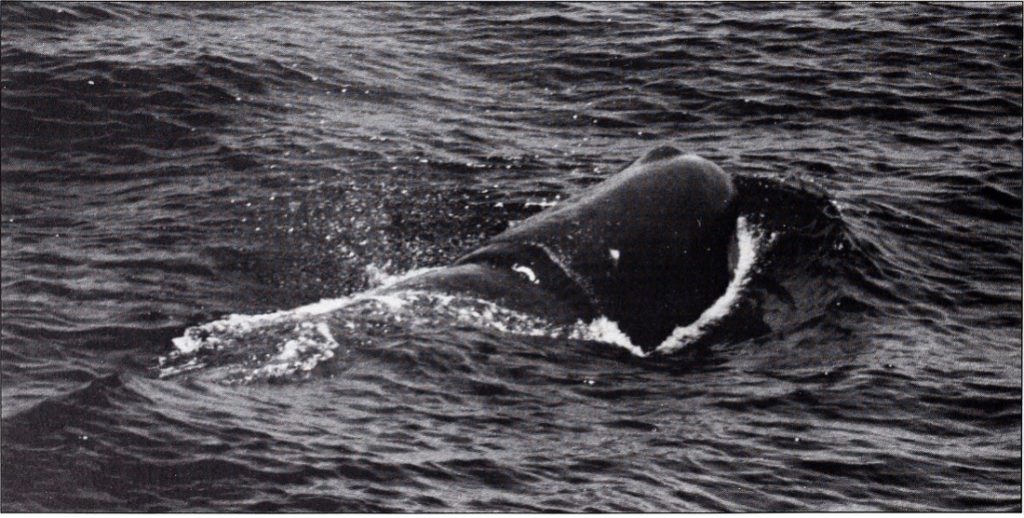
Professor Ailsa Hall is a research professor in the School of Biology who until 2020 was the Director of the Sea Mammal Research Unit, or SMRU. She received an OBE for services to Environmental Protection and Epidemiology, in recognition of her work to preserve the diversity and overall health of marine life. Her research has focused on the effect that exposure to contaminants and pathogens has on the health and survival of marine mammals, which has resulted in a wide breadth of research. This includes investigating the toxicology of oil in vertebrates following her involvement in determining the impact of the Deepwater Horizon Oil Spill on the marine mammals in the Gulf of Mexico , analysis of the impacts of harmful algal blooms in Scottish waters and how they may be affecting the population of harbour seals around Scotland, and understanding the effects of mercury exposure to cetaceans following her role as Chair of the International Whaling Commission’s Environmental Concerns Subcommittee, to name but a few.
Professor Hall has also overseen world-leading research at SMRU that has translated into influential policy decisions around the world. In their own words, ‘SMRU produces impartial, independent and innovative science that has high relevance to society, providing major input for the support of environmental policy in the UK.’ This is apparent in their work to understand seal population dynamics, which has resulted in tangible policy by the UK government that works to enhance seal welfare. By integrating aerial surveys, animal tagging, mathematical and statistical model development, and at-sea fieldwork, SMRU has been able to accurately provide information on seal demographic rates, abundance, and population trajectories. This information has been used to ensure conservation policy is as effective as possible, including the legal protection of haul-out sites (places where seals rest between sea trips) from harassment. Read more about the work SMRU has done to protect seals, alongside whales, dolphins and porpoises, in a featured post on the University’s impact blog.
Dr Ellis and Professors Hall and Magurran are leading examples of the talent that the University of St Andrews supports and translates into bold and innovative research that has impacts at every level. Their entry onto the 2022 honours list is a recognition of the real-world impact of their research, and a signal of the University of St Andrews’ position as a centre of excellence for research across multiple disciplines. Their work is not alone in this regard – keep checking the research and impact blogs for the latest developments from researchers across the University.

